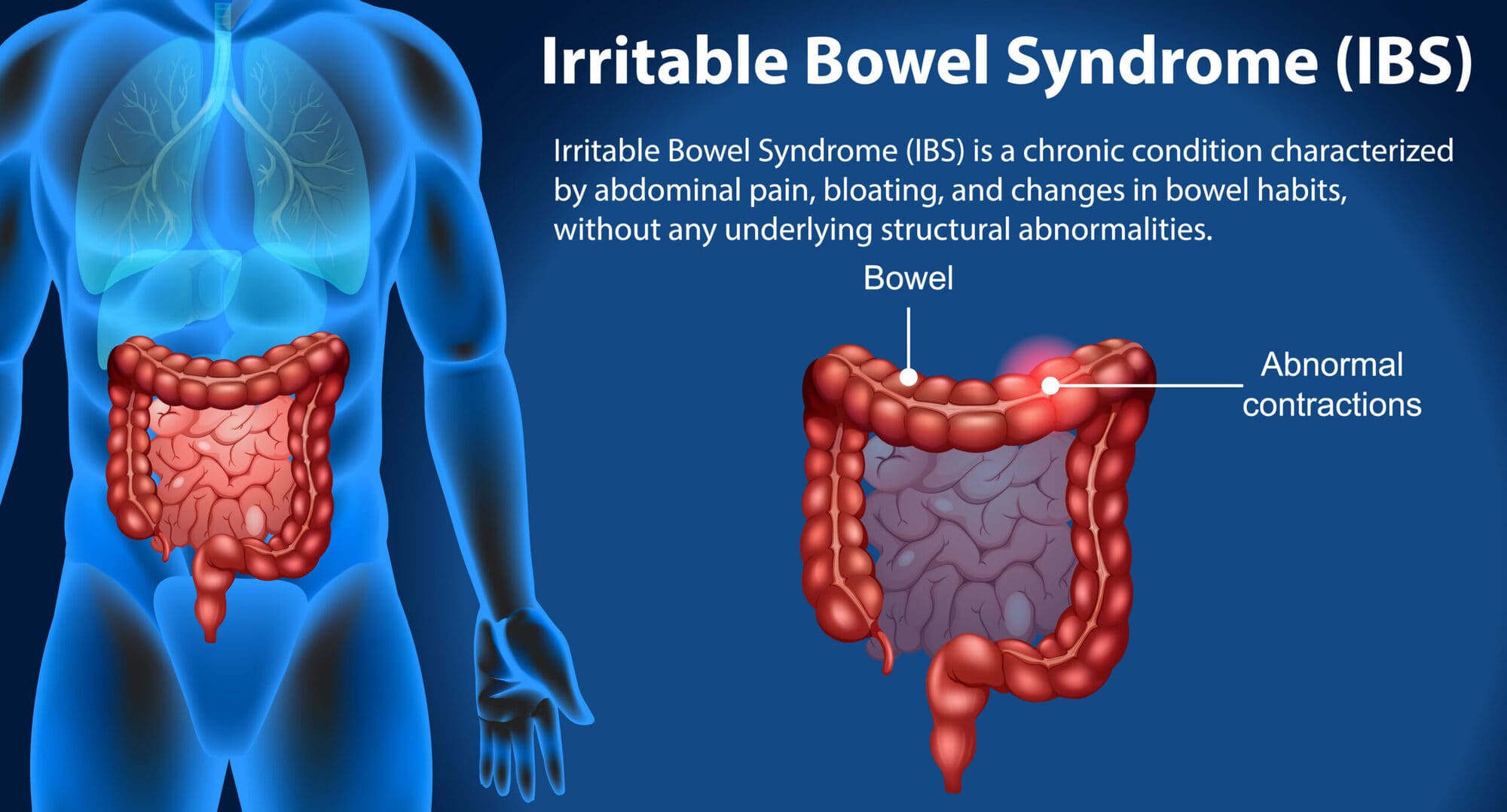Navigating the Complex World of Irritable Bowel Syndrome (IBS)
Introduction
Irritable Bowel Syndrome (IBS) is a chronic gastrointestinal disorder that affects millions of people worldwide. Despite its prevalence, IBS remains a complex and often misunderstood condition that can significantly impact a person's quality of life. In this blog, we will delve into the multifaceted nature of IBS, exploring its symptoms, causes, treatment options, and practical tips for managing this condition effectively.
Understanding IBS:
IBS is a functional bowel disorder characterized by recurrent abdominal pain, bloating, and changes in bowel habits. It can manifest in different subtypes, including diarrhea-predominant (IBS-D), constipation-predominant (IBS-C), and mixed (IBS-M). While the exact cause of IBS remains unknown, factors such as gut-brain axis dysfunction, altered gut motility, visceral hypersensitivity, and microbiome imbalance are believed to play a significant role in its development.
Symptoms of IBS:
Individuals with IBS may experience a wide range of symptoms, including abdominal cramping, gas, bloating, diarrhea, constipation, urgency, and mucous in stools. These symptoms can vary in severity and frequency, often triggered by stress, certain foods, hormonal changes, and other external factors. Understanding and tracking these symptoms is crucial for effective management and treatment of IBS.
Diagnosis and Treatment:
Diagnosing IBS involves a comprehensive medical history, physical examination, and exclusion of other gastrointestinal conditions through various tests like stool tests, blood tests, and imaging studies. Once diagnosed, treatment options for IBS may include dietary modifications, lifestyle changes, stress management techniques, medications (such as antispasmodics, laxatives, and antidepressants), and alternative therapies like probiotics, acupuncture, and hypnotherapy.
Conclusion:
Irritable Bowel Syndrome is a complex condition that requires a multifaceted approach to management and treatment. By understanding the symptoms, causes, and treatment options for IBS, individuals can take proactive steps to improve their gut health, alleviate discomfort, and enhance their overall well-being. Remember, you are not alone in your journey with IBS, and with the right support and resources, you can navigate this condition with resilience and empowerment.

